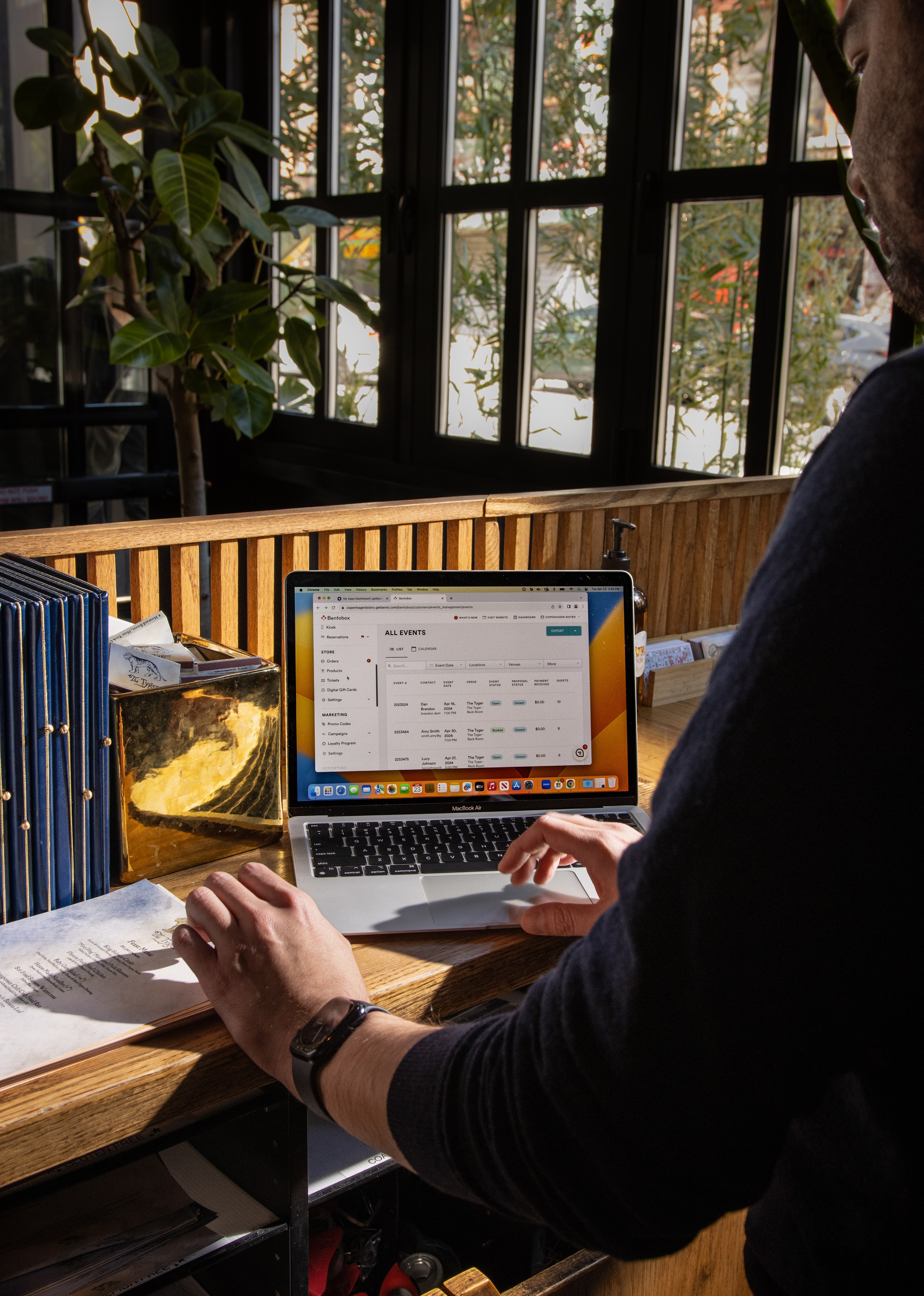Chef to Chef
Tech, Trends and True Stories: Chef to Chef NYC
July 26, 2022
BentoBox’s nationwide dinner series kicks off in Greenwich Village’s Thaimee Love.
On July 13, 2022, BentoBox kicked off the Chef to Chef initiative: a nationwide series of dinners discussing the biggest questions and trends in hospitality. Our first stop was in BentoBox’s home base of New York City.
In Greenwich Village’s Thaimee Love, a packed dining room was on hand to participate in an interactive talk between some of the city’s most celebrated chefs. Dinner featured the restaurant’s very own Northern Thai cooking.
Hong Thaimee, chef & owner of the restaurant, hosted the evening’s discussion. Joining her were Caroline Schiff (Executive Pastry Chef at Brooklyn’s Gage & Tollner), Mary Attea (Executive Chef at the Michelin-starred The Musket Room) and Justin Burke (content writer at BentoBox and former pastry chef at North Carolina’s Hello, Sailor and Kindred).
“The best way to get a conversation going is with delicious food in our mouths!” Hong announced to the room. Here are a few of the points the chefs touched on during the session.
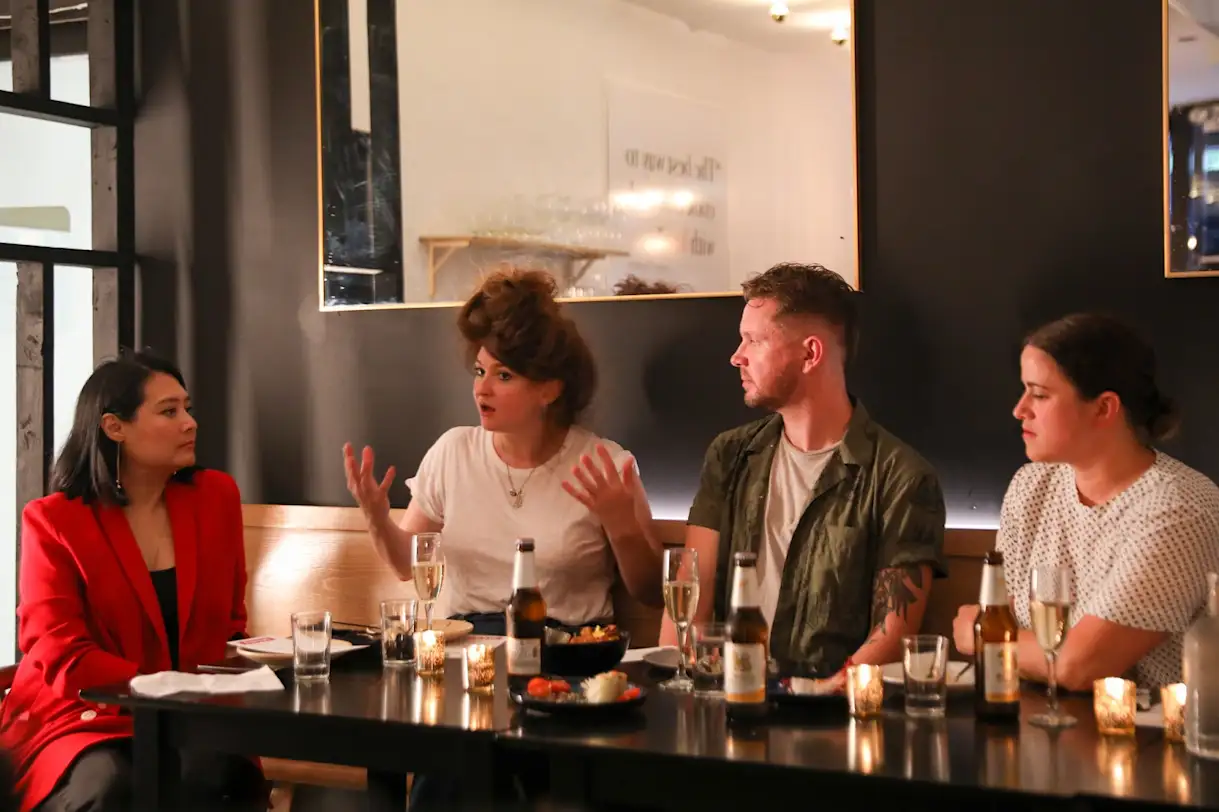
Chefs Hong Thaimee, Caroline Schiff, Justin Burke and Mary Attea (L–R)
The pandemic transformed restaurant social media
“How do you feel when diners eat with their phones first?” Thaimee asked Caroline Schiff, the pastry chef responsible for some of her restaurant Gage & Tollner’s most Instagrammable dishes.
“I don’t mind it,” Schiff answered. “If you’re spending 10 minutes getting every angle right, it’s a bit much. But if people are excited to post something, go for it.”
Social media may have been a pox on restaurant dining rooms years ago, but since the pandemic, it’s proven to be a great way for chefs to keep in touch with their customers. The panelists were also keen to point out that restaurant social media itself has changed in the last few years.
“Social media was a big part of our industry before COVID,” continued Schiff. “But during the pandemic, it was a crucial way to announce a pop-up or your specials when you didn't have people coming through the door. Now it’s just part of the ecosystem.
“It’s a good thing. People love food; they love restaurants; they love chefs. And to get to show them a little bit of what's happening behind the scenes — and have it be real and unedited — is great.”
Justin Burke agreed that social media has gone from being part of the problem to more of an organic method of building community.
“Before the pandemic, social media was a big part of the toxic need to be the best. To be James Beard winners. To be Food & Wine’s Best Chef. And I fell into it too. That mindset of thinking, ‘If my pictures aren't great, if I don't get enough likes and shares, it’s over.’
“But when the pandemic happened, I saw restaurants look at social media as, ‘You know what, it doesn't have to be perfect. We can post more organic, raw content.’ Now it's a medium to show personality and to show off our staff, finally. It’s letting us breathe more life into the restaurant’s public image.”
Schiff agreed.
“I used to feel like everything had to be so clean and curated and perfect. And now it's like, I'll post something funny of my pastry team at the end of the shift and people go nuts. People want to see what restaurant culture is, and now we can show them.”
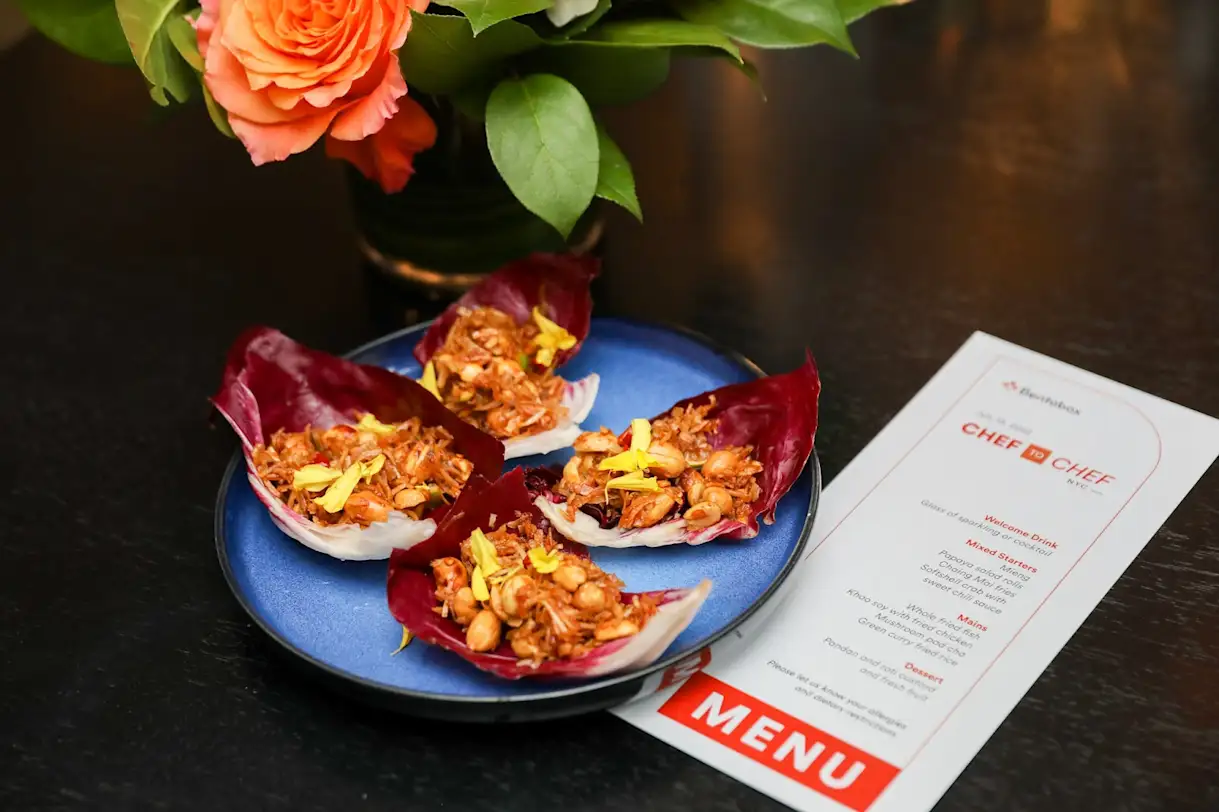
Thaimee Love, Chef Thaimee's Houston St restaurant, served dinner for the event.
Public attention has become more personal
“With food media, chefs are like mini celebrities now,” said Burke. “Our customers who follow us and engage with our content and our food are, really, consuming us. But I think people are becoming more mindful about how they relate to us the more they learn about everything we do.”
Burke recounted one particular moment he sensed the public shift its perception of his work. He had just opened a small bakery in North Carolina, near two other restaurants he had formerly worked at. Customers initially came in expecting the same production capacity as those much larger restaurants, and they were frustrated when he would run out of scones or croissants. Over time, though, people understood the bakery on its own terms.
“I think guests started to understand what small batch means: that we couldn’t produce endless amounts of food like all the chains. They're coming to us because we’re artists. We put so much love into this. So I started to see the diners' perceptions shift.”
Being a local celebrity, however, comes with a certain erosion of privacy. Burke said he would prefer if the attention stayed on the work.
“People get into your personal life. They’re like, ‘We want to know more about you being a queer dad!’ and they could care less about recipes or anything you’re writing or where you’re guest cheffing. They just want to see behind the scenes of your life. And it’s hard for me because I’m trying to protect my family. But the attention inevitably shifts from your restaurant to you being the brand. That’s been kind of weird.”
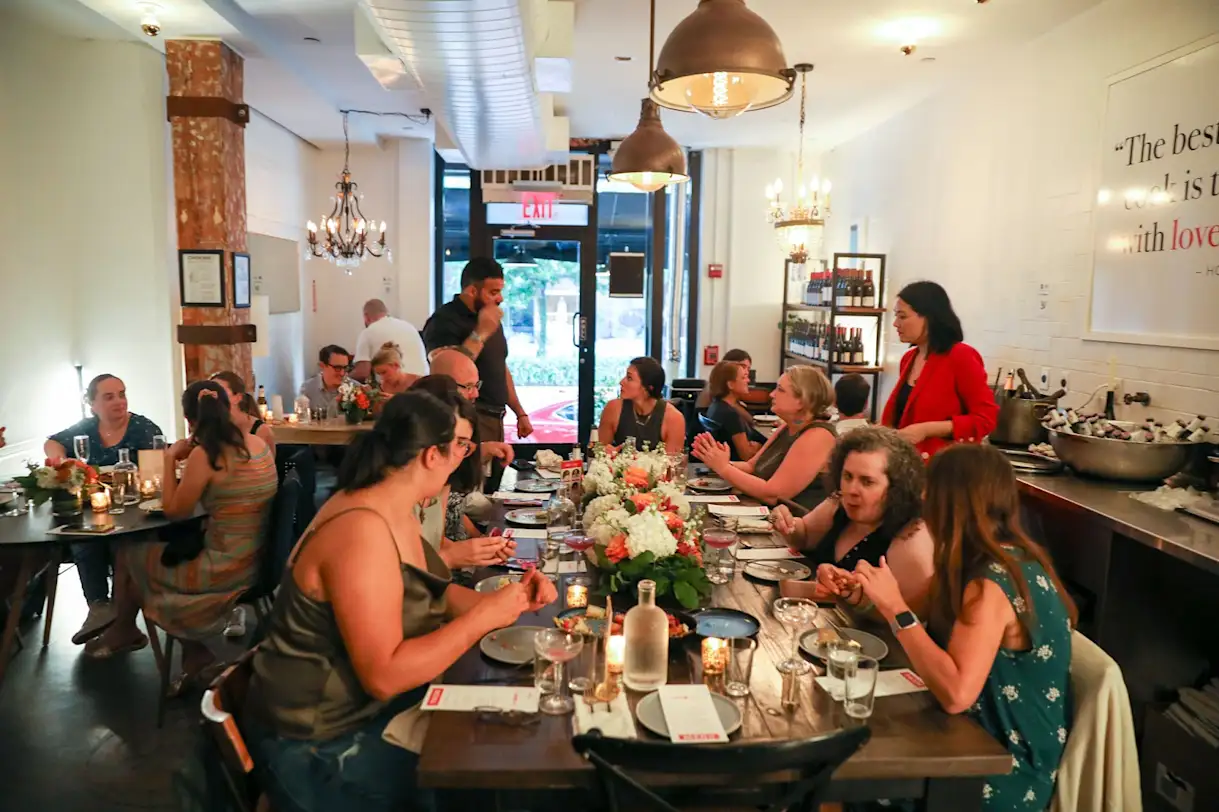
Technology can promote mental health and communication
During the talk, the chefs shared a moment of frustration about their inability to mentally exit chef mode — a state of existence that, thanks to technology, is more urgent and insistent than ever.
“If you're dining at a restaurant, but you're close enough to the kitchen to hear the dinging delivery platform? Your impulse is to rush in there and grab it!,” said Burke. “Meanwhile, my fiancé is like: ‘Shut it down.’”
But technology also has the potential to boost the harmony inside a restaurant. Schiff praised the ability of workplace chat tool Slack to both keep staff informed and respect their off-time boundaries:
“We have a few different Slack channels: one for basic communication, one for menu changes, stuff like that. There's a pastry channel so my team can, you know, just communicate with each other en masse in one space. But Slack also helps you know what's going on in other departments. A pastry cook can, for example, read the bar log from last night and get a sense of what’s happening with the bar. So that's a piece of technology that I find really helpful.”
Mary Attea spoke about the ability of tech platforms to promote mental health among the restaurant staff.
“However you can be supportive to your team and give them a nurturing environment will have ripple effects down the road. Part of that is providing them access to resources that maybe we, as a small business, wouldn’t have been able to years ago.
“There are platforms out there that provide mental health services, for example. If someone’s going through something and doesn’t want to open up about it with us, we can offer them a platform where you can put in what you're looking for and be guided to it. Or if you need continuing education, there are platforms for that. I think it’s been really beneficial for the industry.”
Chef to Chef is a nationwide dinner series produced by BentoBox. For information on joining our next Chef to Chef sessions, email events@getbento.com or follow us on Instagram @getbento.

BentoBox Marketing & Commerce Platform
Want to stand out online? Let's chat.
Drive revenue directly through your website.
Recommended
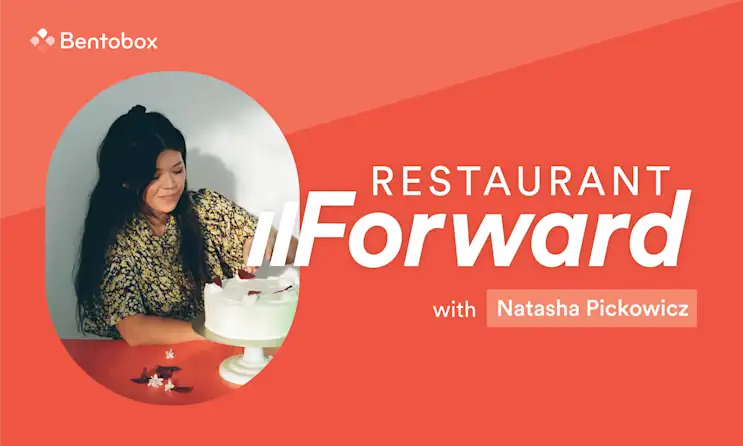
Restaurant Forward
Natasha Pickowicz on Why Restaurants Are Getting Political
July 14, 2022
The pastry chef & activist on why hospitality is finding its voice in a fraught political moment.
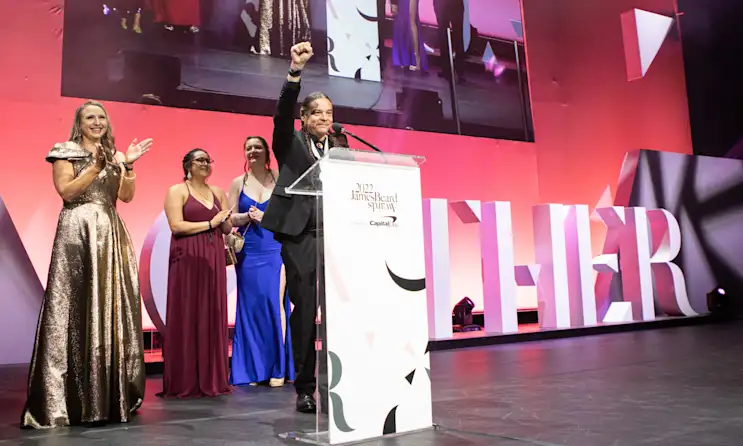
Community
Lessons from James Beard Best New Restaurant Nominees
July 28, 2022
If the 2022 nominees for Best New Restaurant are any indication, the future of hospitality will be built by passionate, mission-first restaurateurs who care about their people.

Community
Behind The Scenes At Gramercy Tavern
May 30, 2017
An inside look at Table128 Bistro+Bar’s experience staging at Gramercy Tavern
